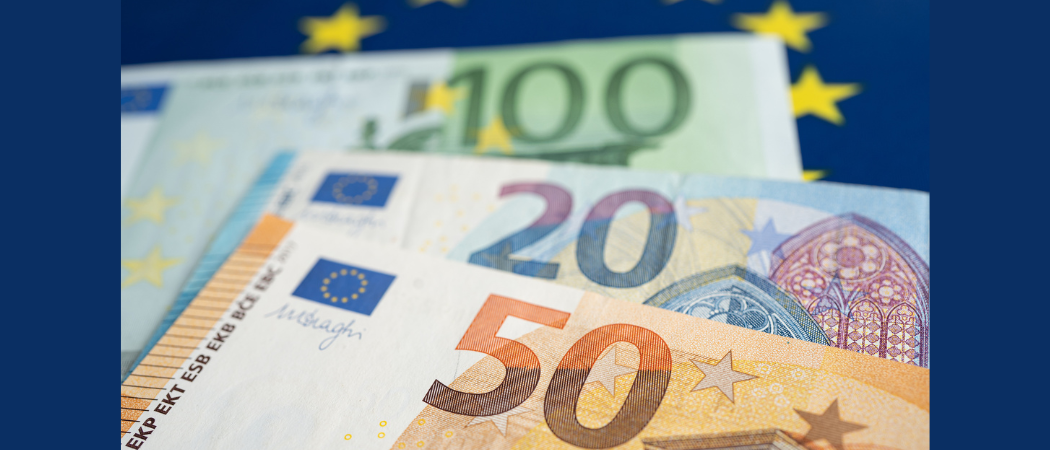Almost half of venture capital investments fail or do not secure the expected returns, according to new report

A new report on the state of Europe’s venture capital (VC) market has revealed shortcomings, despite rising optimism in Brussels.
According to a group of leading business schools, 45% of European venture capital investments fail or do not secure returns that are double the investment.
This may not be such an alarming statistic, given the risky nature of venture capital and there’s good news too, with 28% of investments exceeding expectations and 9% earning more than ten times the invested capital.
But expectations for returns still significantly outweigh the actual returns. VCs on average expect to earn about 30% internal rate of return on their investment, but in fact realise only 13% per year.
The report, based on a survey of 885 venture capital investors across Europe, comes as the EU looks to boost its innovation market to rival the US, and enable to commercialisation of technologies that are crucial for its green and digital future.
The number one task is attracting investment to Europe and keeping companies on the continent, after years of losing promising businesses to the US, which has a bigger VC market and for many, a more innovation-friendly environment.
Last month, EU research and innovation commissioner Mariya Gabriel visited Silicon Valley with a delegation of more than 40 representatives of the EU research and innovation community to talk innovation, promote the bloc and call for more investment in Europe.
Over the past few years, Brussels has attempted to supercharge the bloc’s innovation ecosystem. In 2021, the Commission launched its own equity fund for start-ups under the €10 billion European Innovation Council. The fund co-invests with private VCs to leverage impact and de-risk companies that find it hard to convince traditional investors.
With some hiccups along the way, it has invested directly, or promised investments, of up to €15 million, to 230 start-ups. Gabriel also set up an overarching strategy for improving the bloc’s innovation capacity in the new European Innovation Agenda last July.
Progress is being made. According to a recent report by global innovation platform Mind the Bridge, only 6% of European scale-ups are now headquartered in the US, down from 13% five years ago.
But companies are hungry for investment. While an average VC receives 851 proposals a year, only 6% of those lead to investments, according to the report.
Another missing element revealed by the survey is that most VCs are not hands on enough in helping management teams in the practical business of developing a company.
Today, 83% of VCs say they support their portfolio companies with raising follow-on financing and by providing strategic guidance, 75% take seats on the board, 72% help their ventures with connections to potential customers and partners, and 69% of the VCs provide support in reaching an exit.
“Our results suggest that European VCs mainly take a financial approach, assisting with follow-on funding but with a lot of emphasis on the management team,” says Sophie Manigart, professor at Vlerick Business School and Ghent University, one of the authors.
“There seems to be room to develop a more hands-on approach where VC investors, together with the management team, more actively develop their portfolio companies. Both strategic and operational support are important enablers of new venture growth,” Manigart said.





 A unique international forum for public research organisations and companies to connect their external engagement with strategic interests around their R&D system.
A unique international forum for public research organisations and companies to connect their external engagement with strategic interests around their R&D system.